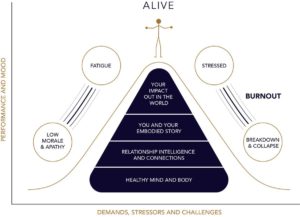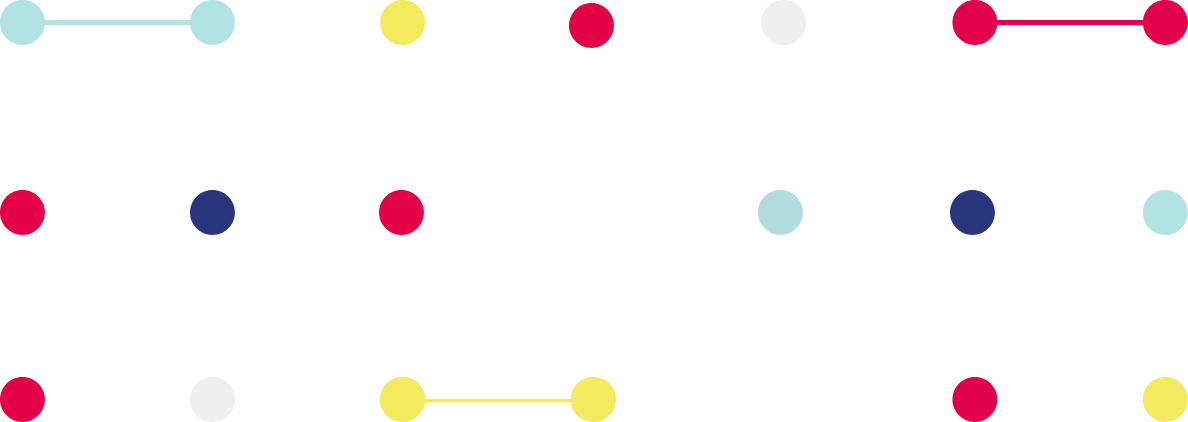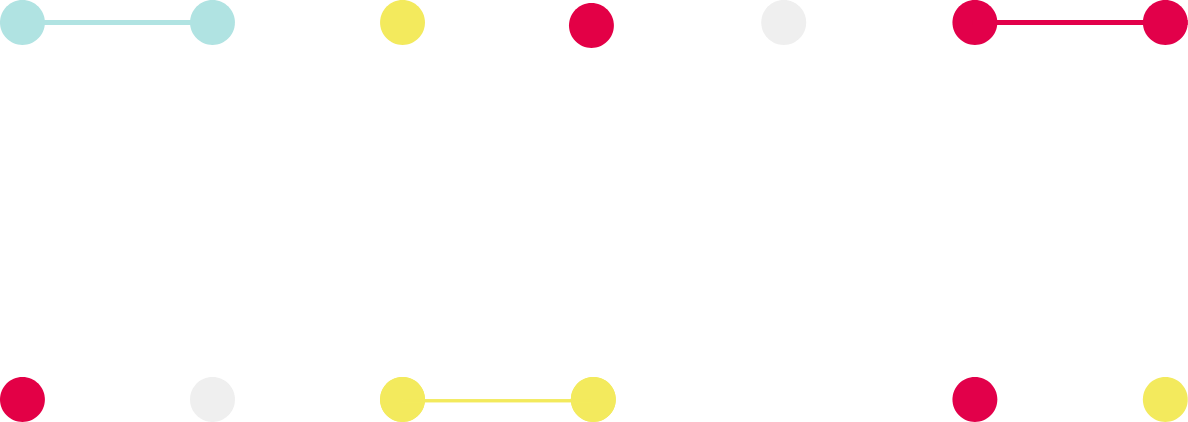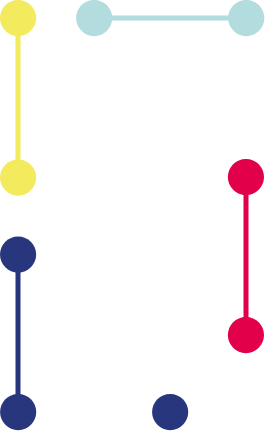In today’s fast-paced and demanding world, burnout has become an ever-present concern, particularly for professionals in high-pressure jobs. Home Grown member Dr. Catherine Sykes, a seasoned psychologist and coach with 25 years of experience, has dedicated her career to understanding and combating burnout. Her multifaceted approach, blending psychology, coaching and leadership experience, has helped numerous individuals regain their sense of purpose and vitality in both their personal and professional lives.
In this article, we’ll explore Dr Sykes’s three-step guide to overcoming burnout and the role of smartphones in exacerbating workplace stress. We’ll also delve into Dr. Sykes’s journey, her observations on the evolving landscape of workplace challenges and her unique approach to tackling burnout.
Read on for pearls of wisdom…
How to overcome burnout in 3 steps
Understanding the psychological components of burnout is essential for recovery from burnout. If you don’t understand what is contributing to burnout on an individual level, then you may find yourself in a cycle of burnout, recharge and burnout again. Recovery from burnout means making changes that keep you at your optimum performance and mental and physical health. Once someone is a good psychological state, bringing coaching into the process can help understand where someone is going to thrive, it can also help with upskilling and navigating competitive environments. Sometimes people burn out because they are under-challenged due to a lack of a skill holding them back. Coaching can address skill issues such as communication, public-speaking, dealing with conflict and managing others.
There are 3 steps to dealing with burnout:

– Recognise. They are numerous behavioural, emotional, thinking style and bodily symptoms of burnout. Some people have been burnt out for so long that they think that some of these symptoms are just their personality. Coming to terms with the fact that you might be burnt out is not easy for some people. There is a lot of fear associated with burnout. Once we understand the roots of that fear, people can move into allowing themselves to Recharge.
-Recharge is very personal but often requires some repair at a bodily level. It is important to understand that burnout is an experience resulting from biologically processes in the brain and body. There is a bodily process called allostasis which is essential for maintaining homeostasis (equilibrium) in the face of external and internal demands. However, this allodynamic adaptation has a price and the cost is allostatic load or wear and tear on the body and brain. Suddenly that wear and tear on the body snaps and the body runs out of capacity to adapt to internal and external demands.
This can cause a lot frustration as often people can’t understand why they were able to work long hours and push themselves and suddenly they can’t. This frustration can just keep the burnout going, when what is needed is deep bodily repair to regain the body’s ability to adapt to demands.
– Recover your optimum self, a place where you feel alive and ready to come to work. Some people have never experienced this, so for them, it’s a process of discovering what it feels like to feel alive. This is a difficult phase as it requires taking a deep look at habits, beliefs, rules for success, relationships and workplace culture. It requires bravery and commitment to make changes.
A big burnout driver: smartphones
Smartphones are a big turning point in the increase of stressors in the workplace. They drain all the essential factors for feeling alive a work. I remember a time before smartphones when I use to mainly talk about the workplace demands during office hours. Now the demand timeframe has expanded and this is impacting demands on personal life, so the demands of managing a personal life are featuring much more in my sessions.
Here are 2 examples how smartphones are influencing burnout:
1) Power to interrupt flow state
Their power to interrupt flow state, that place where you get satisfaction from your effort and your efforts start to make sense, is incredible. Over time this impact can leave people feeling dissatisfied, stuck and questioning their meaning and competence. There are lots of misconceptions about burnout, one being that burnout is related to doing too much. This is not quiet the full picture. The meaning we attach to tasks matters. Meaning is a protective factor in burnout. If we are spending lots of time on dopamine-seeking tasks then there is little time for getting into flow with meaningful tasks.
2) Impact the quality of human connection
We all need to feel psychologically safe to show up to work, especially in competitive environments. Without this sense of safety, healthy competition can soon turn into maladaptive competition, where collaboration and innovation are reduced. Right now, no business can afford to deplete its collaboration and innovation capacities!
When we are talking with colleagues and being distracted by phones, we are sending a subtle message that they don’t matter. We can cope with occasional distraction when accompanied by an apology but when this type of behaviour has become a norm, it signals disrespect. Constant subtle messages of disrespect make us feel psychologically unsafe. By contrast, trusting relationships protect us from burnout.
Dr. Sykes’ journey into psychology
When I was 15 my mother’s friend who was a nurse accidently left a book on psychology at our house. It was at a time when we were discussing careers at school. I picked it up out of curiosity and could not put it down. Fast forward to my last year of A’ Levels and I noticed the local technical college was starting a night school course in psychology. This was the beginning of the 90’s, psychology in colleges was very new. I applied and did GCSE Psychology alongside my A’ Levels, I got an ‘A’ but did not do so well in my A’ Levels. Nonetheless, the Admissions Tutor was impressed that I had independently studied psychology and let me onto the BSc Psychology and French course (I’d also done well in French!). I’ve been studying or working in the field of psychology ever since.
When I had my first child, I was working in academia. I was researching the psychological factors that protect carers of people with dementia from burnout. The research was funded by the European Commission and it covered 15 members states. The research was interesting but to thrive in academia, lots of international travel is required. Also, there was mounting pressure to take on more and more research students. The maths of the day was not adding up!
I realised that a career in academia was not my future and I had to plan a way out. So I gradually reduced my hours and rented an office in the City of London, close to my University office. The large proportion of clients who came through my doors were burnt out City Professionals. This was before I had even started to think about marketing!
I realised that some of the psychological factors that lead to burn out in carers was the same, however there were also more organisational and leadership factors playing a role in burn out in the City. My clients were not equipped to acknowledge and navigate these factors therefore I started introducing coaching services alongside my therapy services.
Why Home Grown?
When I work with leaders, it is important to me that I work with leaders who want real change. I don’t work with leaders who only want to add a layer of niceness on top of a culture of fear. So, getting to know potential clients is an important part of the coaching process. I meet potential clients interested in leadership coaching at Home Grown. It is the perfect setting for getting to know someone professionally.
Dr. Sykes’ mantra
‘I welcome my aliveness’ is how I start my day. It forms the basis of my morning routine and I pass on this routine to my clients. It helps me in moments where I need to take meaningful risks, I say it to myself as I drop into the challenge. Feeling alive and ready to participate in the world is my raison d’être and it’s my reason why I do what I do.
Dr. Sykes welcomes the opportunity to connect with Home Grown members who want to feel alive and ready to thrive at work as well as leaders who really want to energise the workplace.
For consultations coaching, or further insights into overcoming burnout and becoming a true leader, visit Dr. Catherine Sykes’s website.


If you’re interested in enriching your entrepreneurial experience and finding a strong community of entrepreneurs, investors and business leaders then contact our membership team at Home Grown.


